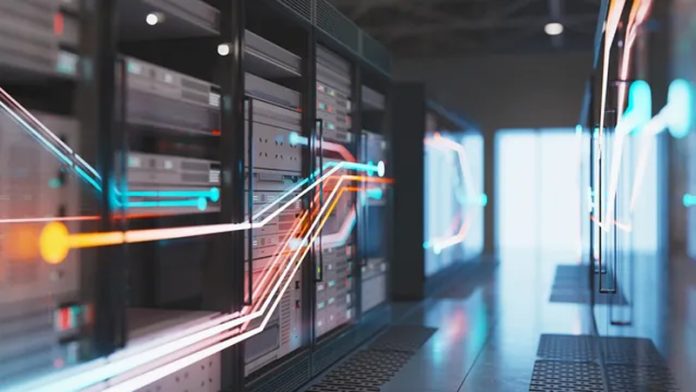New Delhi, Nov 23: Foreign apps generating large volumes of data should contribute to the building of telecom networks as it will create the right structure in the market, a senior official of think tank C-DEP said.
Technology industry veteran and President of Centre for Digital Economy Policy Research Jaijit Bhattacharya told PTI that he favours net neutrality principles and the situation at present is to democratise access to the internet in a manner that those who consume less should not be made to subsidise the cost of service that is being consumed others.
“The key large data generators are all non-Indians. They are either American or Chinese. I think, from a policy perspective, it makes a lot of sense to make sure that they contribute to the network on which they are riding and generate billions of dollars in revenues, while pushing on networks into a state where they may not be financially viable after a few more rounds of capital investment,” he said.
Telecom operators and internet-based apps have been at loggerheads over the issue of revenue sharing. Telecom operators have been demanding that over-the-top (OTT) players that generate huge volumes of data should pay a fee to them for building networks like it is done to build expressways for smooth and fast rides. However, industry bodies whose members include apps like Google, Facebook, Netflix etc have opposed the proposal and termed it to be a violation of net neutrality principles.
Bhattacharya said telecom companies keep struggling in arranging capital to build networks but their return on capital is in the low single digit which is not enough to please investors.
“Let’s not treat telecom players as private sector entities, but as a national resource. If we lose control of our telecom companies, and they’re not Indian anymore then it will have a very deep impact. Telecom and digital are the heartbeat of the country. If we don’t have a telecom and a digital infrastructure, which is under our control, then we can end up losing our national security also,” he said.
According to data shared by the Telecom Regulatory Authority of India, the volume of monthly wireless data usage in India grew by about 156 times from 92.4 million GB in December 2014 to 14.4 trillion GB in December 2022 but during the same period the average revenue from data usage per wireless subscriber per month in the country increased by about 5.6 times only.
Bhattacharya said the telecom sector is a monster in terms of capital requirement.
“We went from 2G to 3G, then to 4G and now 5G. It’s happening faster and faster. Earlier from that one 1G to 2G was almost a decade of travel, then from 2G to 3G was another 7 to 8 years. 4G was lesser. We did not even have 4G saturation in the country and we have had 5G getting rolled out. The implication of all of this is that the amount of capital that is required is becoming larger,” he said.
Telecom operators Bharti Airtel and Reliance Jio have not gained revenue from 5G services even after a year of its roll out.
Bhattacharya said that there is need to go for the next wave of technology, but the question comes on who will put in the investment when the return on capital employed is roughly about 5 per cent.
“If you look at profitability of telecom operators in comparison with the capital employed, it’s very low. Therefore, the next question is, how do we make sure that we can continue to invest into telecom and have 60-70 satellite connectivity and so forth, without either of our two companies collapsing. Even if one of them collapses, we are in a bad situation,” he said.
Bhattacharya said foreign companies that are generating large volumes of data should be asked to pay, sit down and negotiate to pay whatever is appropriate while ensuring that startups and Indian companies are not constrained.
“It’s only the large data generators who should be made to contribute to the network to ensure that there is a much more democratic participation that happens. I agree that there should be more innovation at telecom companies but in the meantime, we need to ensure that we have resilience in this critical infrastructure of the country,” he said. (PTI)


